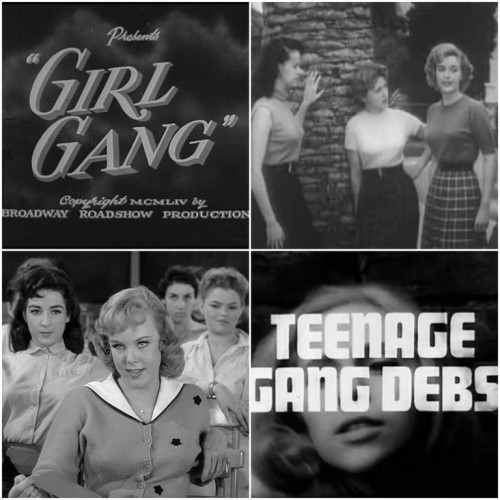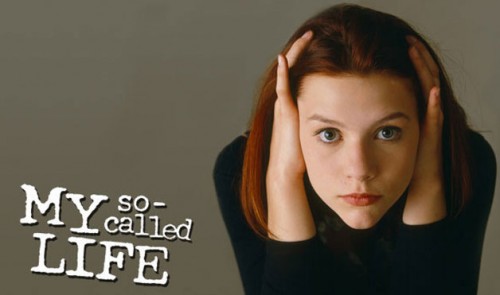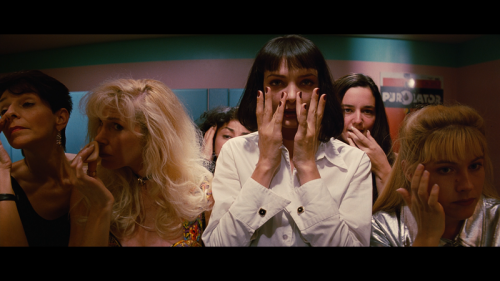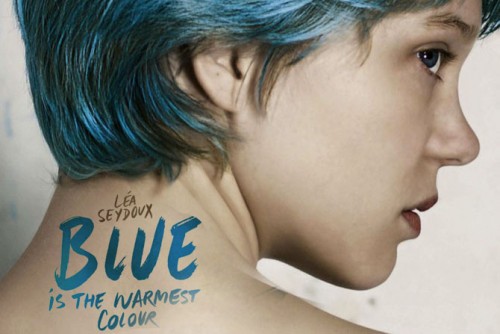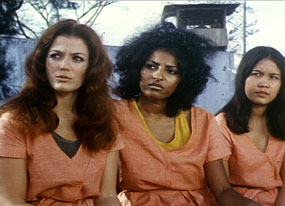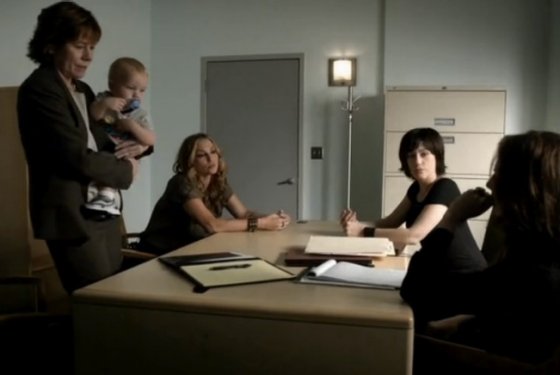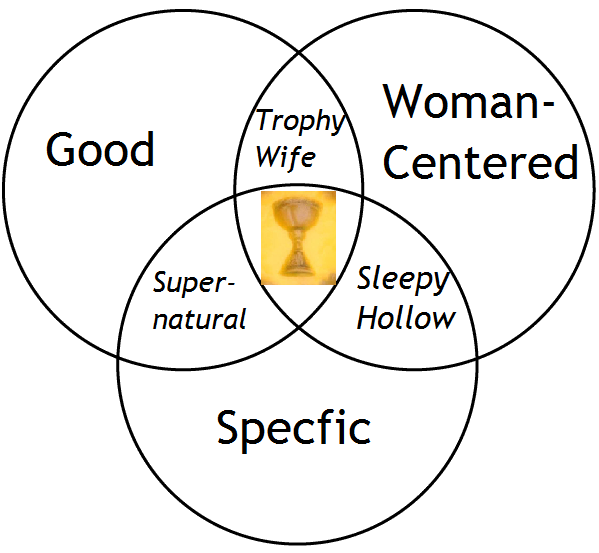Girl Gangs Are Mean: Teenage Girl Gang Movies Through the Years
While most teen movies revolve around coming-of-age stories, gang movies reveal the extreme side to adolescence—the misfit, criminal, and violent side. Gang movies are rather simple, either focusing on episodes of gang debauchery, or revolving around rivalry and jealousy. Usually the viewpoint is that of the ring leader, or the “new girl,” who is initiated into the gang but is still an outsider. Yet, among the plethora of girl gang movies, every decade has produced stories involving specific issues and specific types of teenage girls.
